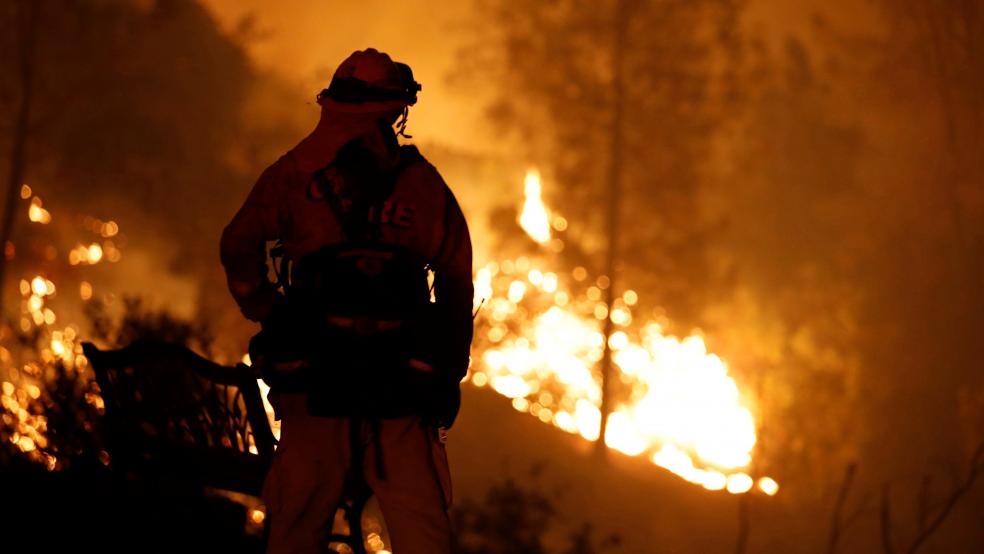The House Budget Committee held a hearing Tuesday looking at the risks posed to the federal budget and the U.S. economy by climate change — or at least that’s what the hearing was supposed to be about. It became, at least in part, a debate on the Green New Deal.
“Climate change is an environmental issue. It’s a public health issue. It’s a national security issue. And, as we’ll talk about today, it’s increasingly an economic and fiscal issue,” Committee Chairman John Yarmuth (D-KY) said in his opening statement.
Yarmuth noted that the country spent an average of $36 billion a year responding to extreme weather and fires between 2005 and 2014 — but that Congress appropriated more than $130 billion for disaster relief in 2018. “Without serious action to address climate change,” he said, “federal spending will continue to rise on everything from federal disaster response, to flood insurance, crop insurance, and federal facility preservation and repairs – not to mention the increased public health costs.”
But the hearing unfolded along predictably partisan lines, with Yarmuth criticizing the Trump administration and GOP lawmakers while Republicans took the opportunity to slam the Green New Deal advocated by some on the left and knock Democrats for not passing a budget.
“The only people who fail to understand the seriousness of climate change are the Trump administration and some of our Republican colleagues,” Yarmuth said. “If they are not moved by environmental, health and security consequences, I hope the economic costs and the impact on the federal budget will get their attention — because we cannot afford to wait for them to catch up.”
Rep. Bill Johnson (R-OH) criticized Democrats on the panel for not discussing the Green New Deal as part of the hearing. “How can we have a serious discussion about climate change on this committee without addressing the primary plank of the platform that you and your colleagues have offered — the Green New Deal — to resolve climate change?” he asked Yarmuth. The Democrat had indicated that 11 committees have jurisdiction over the Green New Deal legislation but the House Budget Committee is not one of them. He added there are many other proposals to address climate change, and that the Green New Deal does not have the support of a majority of Democrats.
The bottom line: The Green New Deal proposal has clearly shifted the climate debate, raising the importance of the issue and establishing a benchmark for Democrats while offering a new target for Republican attacks. At the same time, the fiscal risks posed by climate change are rising.
“[T]he effects of climate change have already and will continue to pose risks that can create fiscal exposure across the federal government and this exposure will continue to increase,” J. Alfredo Gómez of the Government Accountability Office told the panel. “The federal government does not generally account for such fiscal exposure to programs in the budget process nor has it undertaken strategic efforts to manage significant climate risks that could reduce the need for far more costly steps in the decades to come. To reduce its fiscal exposure, the federal government needs a cohesive strategic approach with strong leadership and the authority to manage risks across the entire range of related federal activities.”
You can watch the hearing and find the prepared witness testimony here.





